In the ever-evolving landscape of waste management, the innovation of waste plastic cutting machines has revolutionized recycling processes worldwide. These machines play a pivotal role in efficiently processing and repurposing plastic waste, contributing significantly to environmental sustainability efforts. With cutting-edge technology and precision engineering, waste plastic cutting machines offer a sustainable solution to tackle the growing concern of plastic pollution. As industries and communities strive to reduce their carbon footprint, these machines provide a practical and eco-friendly approach to managing plastic waste effectively.
Key Takeaways
-
Regular maintenance is crucial for ensuring the efficiency and longevity of waste plastic cutting machines.
-
Understanding the specifications of plastic shredders is essential to choose the right machine for your recycling needs.
-
Investing in high-quality plastic shredders can lead to increased productivity and cost savings in the long run.
-
Plastic shredders offer benefits such as reducing waste volume, improving recycling processes, and contributing to environmental sustainability.
-
To maximize the durability and versatility of plastic shredders, follow manufacturer guidelines and use them within their specified capacities.
-
Prioritize ease of operation when selecting a plastic shredding machine to streamline recycling operations effectively.
Overview of Plastic Grinders
Primary Function
Plastic grinders are machines designed to shred and cut waste plastic into smaller pieces. They play a crucial role in recycling processes by breaking down plastic waste for further processing.
Plastic grinders are equipped with sharp blades that rotate at high speeds, effectively reducing large plastic items into tiny particles. These machines can handle various types of plastics, including PET bottles, PVC pipes, and HDPE containers. The shredded plastic can then be melted down and molded into new products, contributing to sustainable practices in waste management.
Importance in Waste Management
Plastic grinders are essential tools in the realm of waste management. By efficiently breaking down plastic waste, they enable easier handling and processing of materials. This not only helps in reducing the volume of plastic waste but also facilitates the sorting and recycling processes.
The use of plastic grinders significantly aids in minimizing environmental impact by diverting plastic from landfills and incineration. Recycling plastics through these machines promotes a circular economy where materials are reused rather than discarded after single-use.
Components of a Plastic Grinder
A typical plastic grinder comprises several key components that work together to achieve efficient shredding and cutting of plastic materials. These components include:
-
Hopper: The entry point where plastic waste is fed into the grinder.
-
Cutting Chamber: The main area where the actual shredding takes place, housing the rotating blades.
-
Rotor: The component responsible for spinning the blades at high speeds to cut through the plastic.
-
Screen: A perforated plate that controls the size of shredded plastic particles produced.
-
Motor: Provides the power needed to drive the rotor and blades for effective grinding.
-
Control Panel: Allows operators to monitor and adjust settings for optimal performance.
Plastic grinders come in various sizes and capacities, catering to different scales of operations within industries involved in recycling and waste management. Whether used for small-scale household recycling or industrial processing facilities, these machines play a vital role in promoting sustainability and environmental responsibility.
Different Types of Plastic Shredders
Cutters
Cutters are a type of plastic shredder that use sharp rotating blades to cut plastic materials into smaller pieces. These machines are ideal for pre-shredding large plastic items before further processing. Cutters are efficient in reducing the size of bulky plastic waste, making them easier to handle and recycle. They are commonly used in industries dealing with plastic packaging and manufacturing.
Choppers
Choppers, on the other hand, utilize a chopping mechanism to break down plastic waste into smaller chunks. These machines are known for their ability to handle various types of plastics, including hard and soft materials. Choppers are versatile and can process a wide range of plastic products, such as bottles, containers, and even plastic films. Their robust design makes them suitable for heavy-duty applications.
Shredders
Shredders are perhaps the most common type of plastic shredding machines. They work by using rotating blades or hammers to tear apart plastics into tiny pieces. Shredders offer high-speed processing capabilities, making them efficient for continuous operation in recycling facilities. These machines can handle a variety of plastics, from rigid items like pipes to flexible materials like bags and wrappers.
Plastic shredders play a crucial role in the recycling industry by breaking down waste plastics into manageable sizes for further processing. Each type has its unique features and benefits, catering to different needs within the recycling sector. While cutters excel at preliminary cutting tasks, choppers offer versatility in handling various plastic materials effectively.
When it comes to selecting the right plastic shredder for specific applications, factors such as material type, required output size, and processing capacity must be considered. For instance, if dealing with bulky plastic items like crates or drums, a cutter may be more suitable due to its ability to quickly reduce their size. On the other hand, when processing mixed plastics or thin films, a chopper's versatility shines through.
Plastic shredders have revolutionized the way we deal with plastic waste by providing efficient solutions for recycling operations worldwide. By investing in the right type of shredder based on operational requirements and material characteristics, industries can enhance their recycling processes while promoting environmental sustainability.
Key Features of High-Quality Plastic Shredders
Durability
High-quality plastic shredders are characterized by their sturdy build and durable components, ensuring long-term reliability. These machines can withstand continuous use without succumbing to wear and tear easily.
The durability of a plastic shredder is crucial as it directly impacts its longevity and performance efficiency. Machines with robust construction materials such as hardened steel blades and heavy-duty frames offer superior durability, making them ideal for handling various types of plastics consistently.
Efficiency
Efficiency is a key feature of top-notch plastic shredders, enabling them to process large volumes of waste plastic quickly and effectively. These machines boast powerful motors and cutting mechanisms that facilitate swift shredding operations.
An efficient plastic shredder enhances operational productivity by reducing processing times significantly. It allows businesses and recycling facilities to streamline their operations, leading to increased output while minimizing downtime.
Safety Features
Safety features play a critical role in high-quality plastic shredders, ensuring the protection of operators and preventing accidents in the workplace. These machines are equipped with safety locks, emergency stop buttons, and overload protection mechanisms to safeguard users during operation.
The incorporation of safety features not only protects personnel from potential hazards but also contributes to compliance with industry regulations regarding workplace safety standards. Modern plastic shredders prioritize operator safety without compromising on performance capabilities.
Advanced Technologies
Modern plastic shredders leverage advanced technologies to enhance their overall performance and efficiency. Features such as automatic jam detection systems, remote monitoring capabilities, and programmable settings optimize the operational functionality of these machines.
Benefits of Using Plastic Shredders for Recycling
Environmental Impact
Plastic shredders play a crucial role in recycling by breaking down waste plastic into smaller pieces that can be easily processed. These machines significantly reduce the amount of plastic ending up in landfills, thereby minimizing environmental harm.
Plastic shredders help in preserving natural resources by enabling the reuse of plastic materials. By shredding and recycling plastics, the need for producing new plastic from raw materials is diminished, leading to conservation of oil and energy resources.
Cost-Effectiveness
One of the primary advantages of utilizing plastic shredders for recycling is the cost-effectiveness they offer. These machines enable businesses and industries to save money by reusing plastics instead of purchasing new raw materials.
By investing in plastic shredders, companies can establish sustainable practices that not only benefit the environment but also result in long-term financial savings. The efficiency of these machines in processing waste plastic translates to reduced operational costs over time.
Landfill Waste Reduction
Plastic shredders contribute significantly to reducing the volume of waste sent to landfills. Through effective shredding and recycling processes, these machines help divert large quantities of plastic waste away from disposal sites.
Lianding
recycleplas@163.com

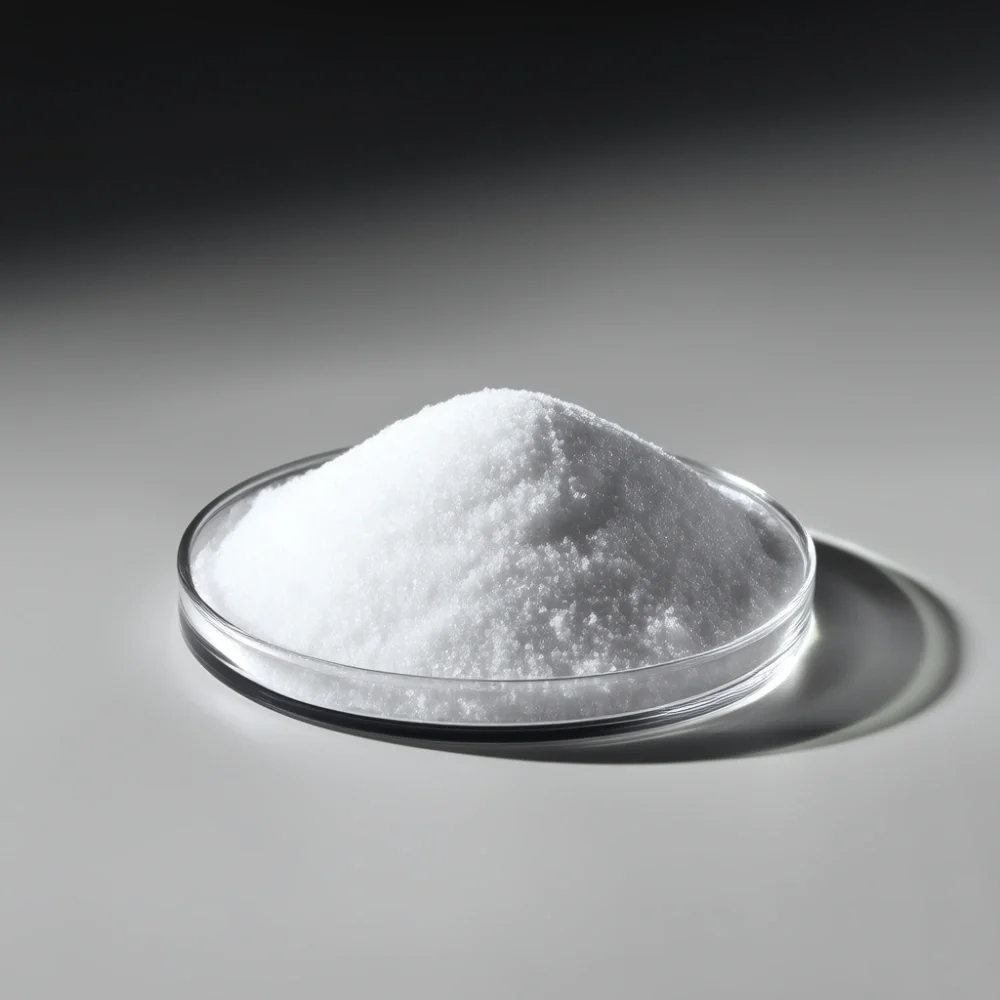
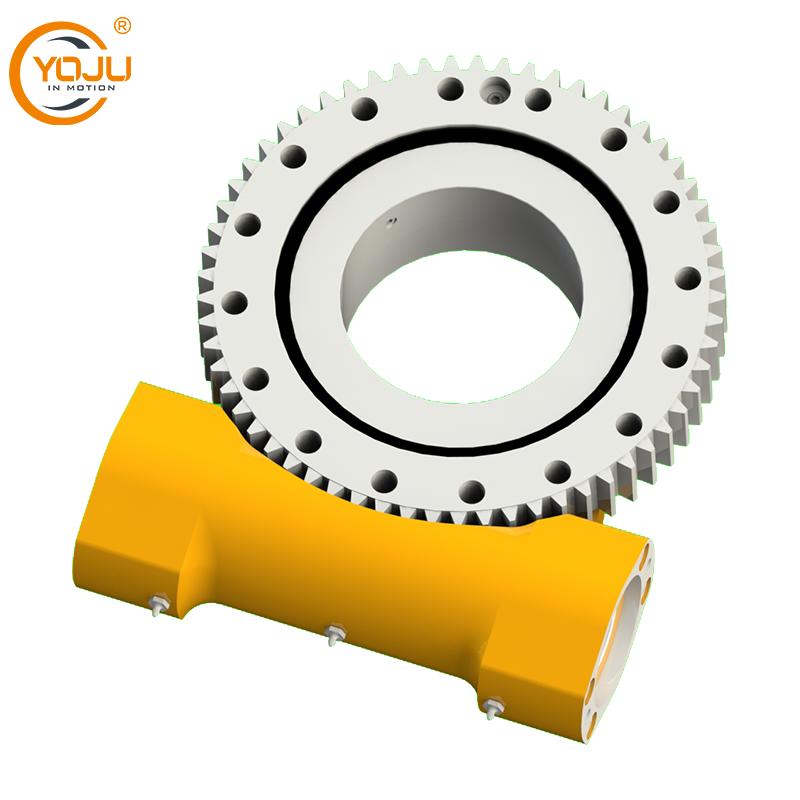
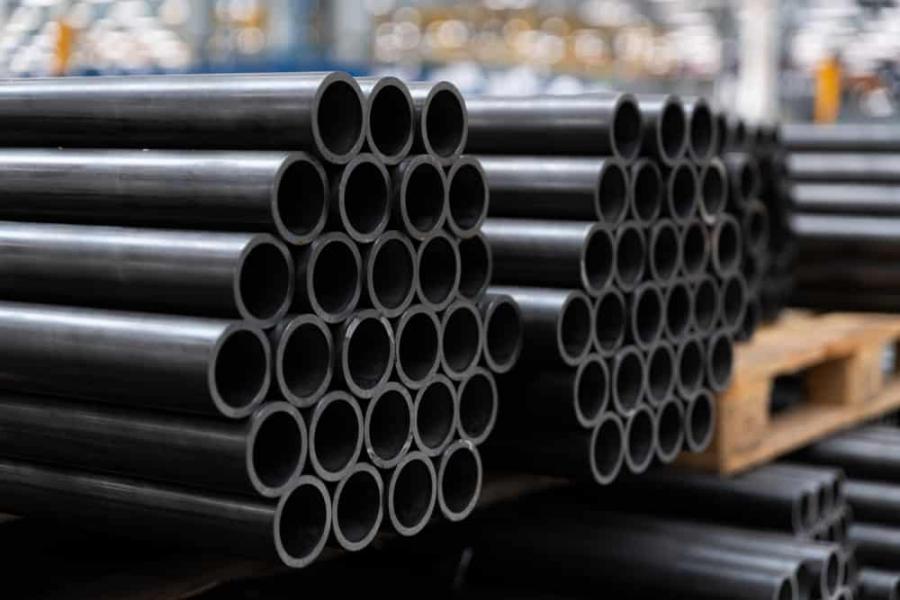
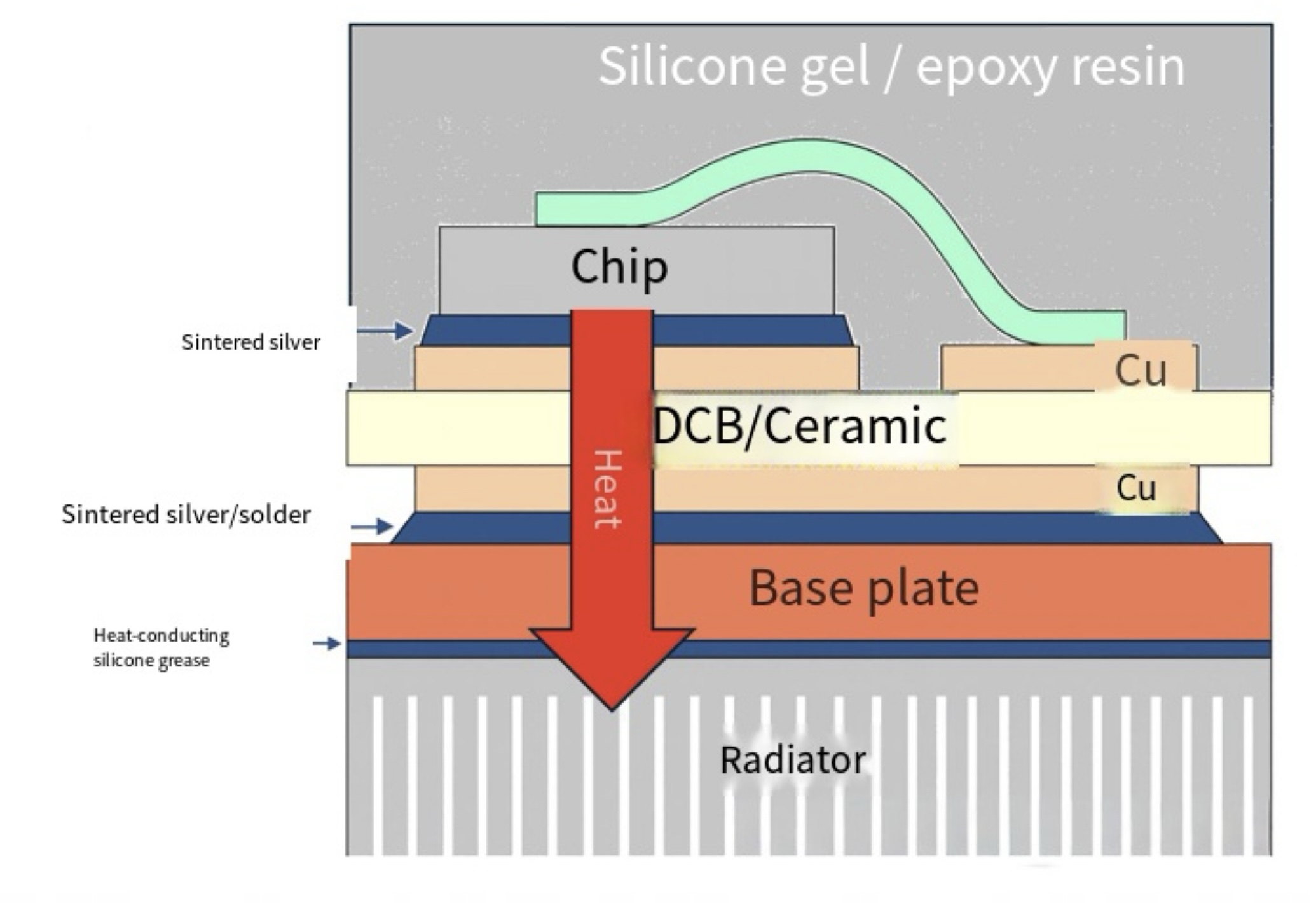

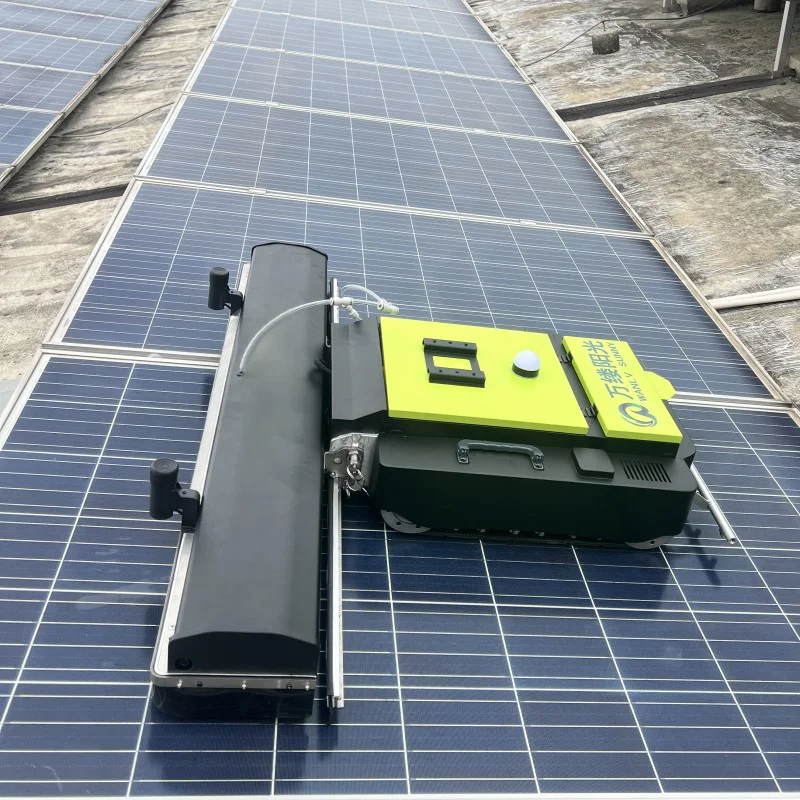
+ There are no comments
Add yours